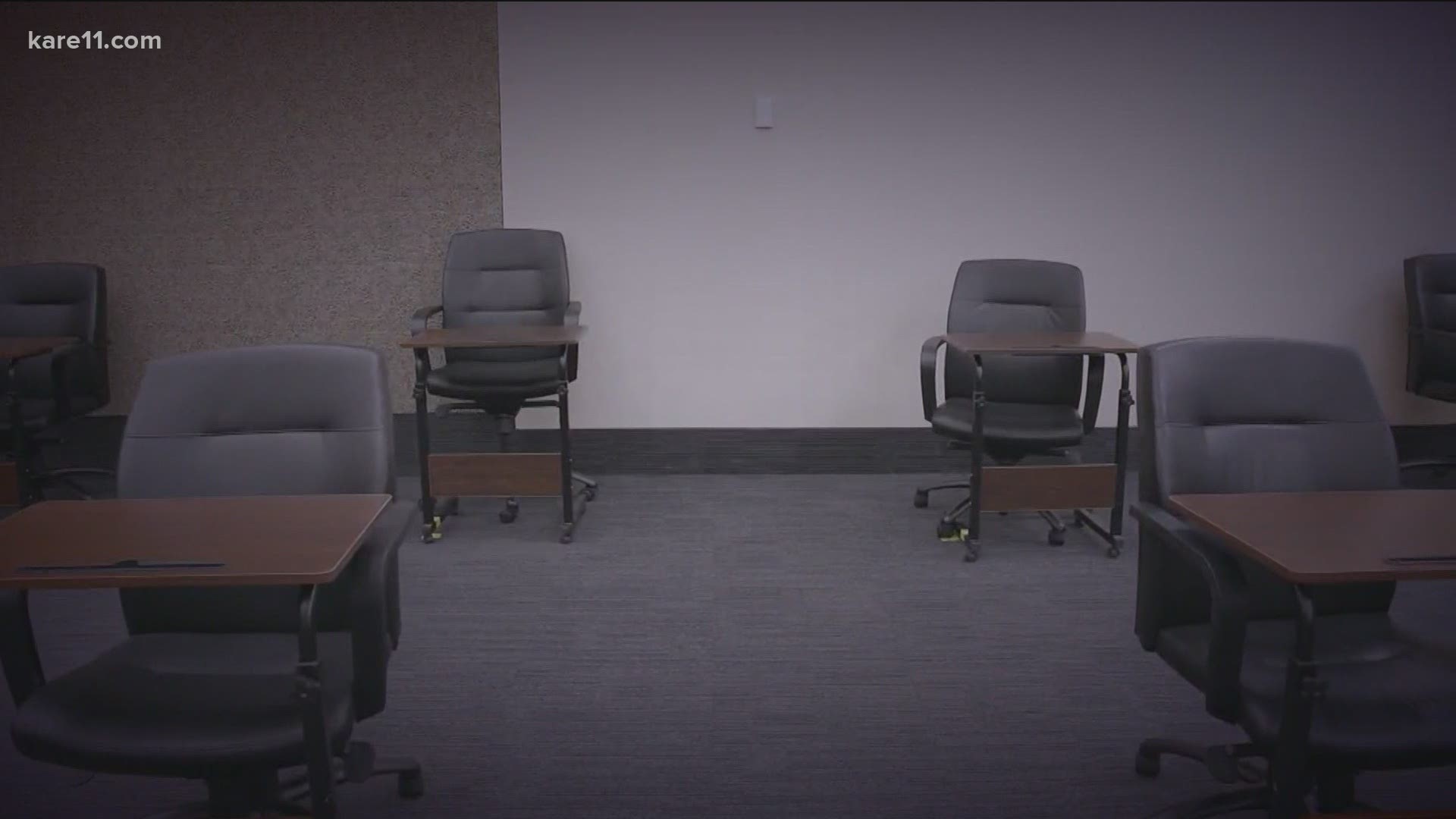MINNEAPOLIS — In the high-profile murder and manslaughter trial of Derek Chauvin, there’s a natural question looming over jury selection.
“How do you weed out biased people?” longtime attorney and legal expert Joseph Daly asked aloud in an interview with KARE 11. “You’re watching it, how best we know how to do it in Minnesota.”
Daly, a professor emeritus at Mitchell Hamline School of Law, has no affiliation with the Chauvin case, but he has interacted with members of both the prosecution and defense throughout his career. Although they are accustomed to media attention, they likely have not experienced anything quite like this, where even procedural motion hearings and jury selection are being livestreamed across the world.
“The main challenge is to find somebody who hasn’t been so emotionally upset by that video … that they really cannot listen to any other way of looking at this,” Daly said. “For some potential jurors already, it’s been so hard for them that they’ve made up their mind already.”
Indeed, Judge Peter Cahill dismissed one potential juror on Tuesday after she admitted in court that she did not believe she could sit on a jury impartially. Judge Cahill thanked her for her candidness.
“I think I definitely hope for a specific outcome,” she said, “and I don’t know that that would change.”
Meanwhile, the prosecution blocked another candidate who seemed hesitant to question law enforcement, saying in “the vast majority of the cases, they’ve got to make split-second decisions – and they make those.”
On the first day of jury selection, three jurors were chosen – putting the court on pace to seat the full 12 (and two alternates) well ahead of opening statements on March 29. However, it immediately became clear on Tuesday that some members of the jury pool have concerns about public exposure in this case. One possible juror said he felt “anxious” about potentially serving on the jury, while others expressed fear for their safety, and discussed their emotions seeing fencing around the Hennepin County Government Center for the first time.
Daly said the potential jurors who expressed fear or safety concerns would not be strong candidates.
“That would impact you dramatically,” Daly said. “You might not be able to hear the evidence that’s being introduced at the trial because you’re so worried about yourself.”
The court has taken great measures to protect the identities of the juror candidates. Their names are not being revealed, their faces are not being shown on camera, and they are not being asked to disclose specific personal information.
At the same time, both prosecutors and Chauvin’s attorney, Eric Nelson, carefully probed the jury pool on Tuesday to glean key details about their backgrounds – which might subtly reveal how they would act on a jury.
Lee Hutton, another legal expert in the Twin Cities who is not involved in the case, likened the strategy to “looking at the cultural anthropology of Minnesotans.”
“What do they believe in? What do they believe of Black Lives Matter, what do they believe about the capitol protests? What do they believe about systematic racism? And ultimately, what do they believe about the video?” Hutton said. “And [they’ll ask] if they have some preconceived biases, which we all do as humans. And that’s going to be a very critical discussion between the attorneys and the jurors.”

